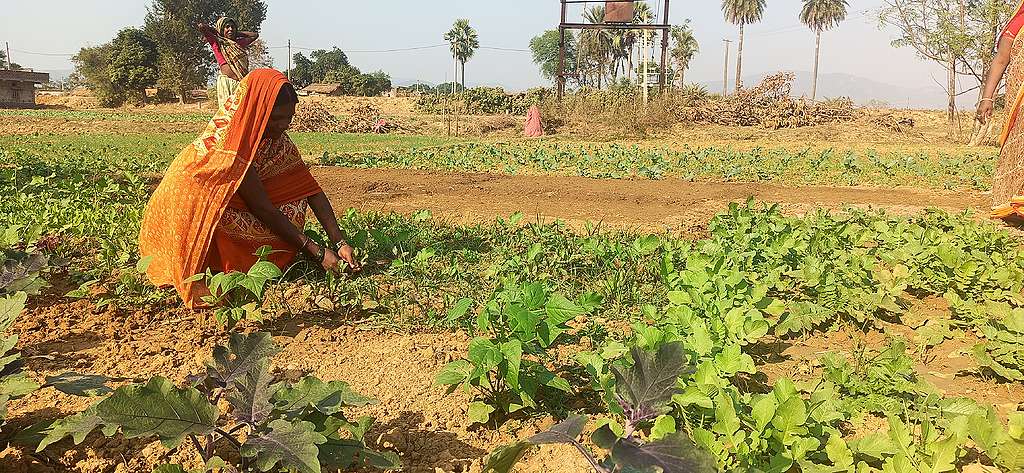COVID-19 world pandemic imposed a new set of challenges on the fight for nutrition security. The state of lockdown, loss of lives and livelihood, isolations, limited face to face interactions etc. had severe impact on the health of individuals; both mental and physical, however some important aspects have not been reported enough viz, the access to quality food and access to nutrition. However, food access is dependent on a plethora of factors at the community, national as well as global level.
That said, the individuals and communities remain capable of making a few choices related to food utilization. COVID-19 has brought changes in dietary patterns that are also driven by fear and anxiety and hence, dietary habits are affected by conditions of stress, distress, and emotional disturbance, whereby elevated distress levels are associated with unhealthy dietary patterns and poor quality of the diet. Therefore, the responsibility of the communities, individuals and governments must be to make an effort to ensure healthy life and lifestyle.
With this we also have a collective responsibility to educate ourselves about nutrition and dietary intake and how that helps to rebuild biodiversity and tackle the climate crisis the world is subject to. Hence, we celebrate National Nutrition Week, from September 1st to September 7th every year.
As Greenpeace, we are also aware of the fact that a large population of India is suffering from nutritional crisis and covid has made it worse. According to the 4th National Family Health Survey, 53.1% of all women aged 15-49 are anaemic. An alarmingly high rate of undernourished mothers results in low-weight, poorly nourished babies and infants, whose in-utero lack of nutrition can have lifelong consequences for them and their families. 21% of all children under 5 years remain unproductive or wasted (with low weight-to-height), as per India’s child wasting statistics. Situations in rural India are even worse as 63.3% of people in rural India do not afford the Cost of a Recommended Diet (CoRD). Chemically fortified foods are not the solution for the crisis whereas home kitchen gardens or organic kitchen gardens are proving to be safer, resilient, sustainable and dependable solutions.

Changes at policy level are required to work towards improving the quality of the nutrition services provided at the community and individual level, be it through expansion of the public distribution system or targeted transfers aimed at the most vulnerable sections of people that ensures adequate nutritional safeguards to our future generations. The health and nutritional programs need integration rather than push for false solutions. The NFHS data is a wakeup call before things worsen more.
Hence, Greenpeace takes this opportunity to leverage on strengthening mind-set shifts around climate resilient, ecological and sustainable farming practices. Sustainable farming is going to be one of the proven efficient measures in the face of climate crises the country and the world faces today.
(The author is communications officer at Greenpeace India)

Discussion
According to the Chinese Academy of science, glaciers on the Tibetan Plateau are melting at a rate of 7% annually and if the current rate continues, 2/3 of the glacier on the Plateau will be gone by 2050.(Cited from Tibet.net ,environment and development issues).